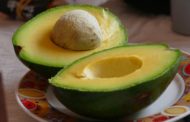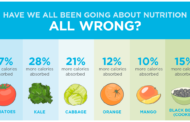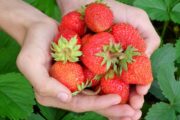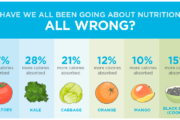A 2014 study published in the British Journal of Nutrition analyzed 343 studies reporting statistically significant differences between organic and conventionally grown crops. Those organic grown crops were substantially higher in antioxidants including phenolic acids, Flavanones stilbenes, flavones, flavanols and anthocyanins, many of which are linked to reduced risks of chronic and neurodegenerative disease, certain cancers and heart disease. Furthermore, these foods fight inflammation, support cellular & immune system health.
Organic agriculture is practiced in some 170+ countries and global sales of organic food exceeded $80 billion in 2014. The US organic industry reported $40+ billion in total organic sales in 2016. And US organic exports were valued at over $500 million and 1.3 billion in imports in 2014.
In 2014, despite the aforementioned soaring consumer demand and validity for a reduction in synthetic pesticides, almost ¾ of the 6,953 produce samples tested by the USDA contained pesticide residues. Additionally, they found 146 individual pesticides on thousands of samples even after being washed and peeled.
To be honest, I’d never really considered the organic vs. non-organic debate until I was researching nutrition for Cancer and literally tripped over the “dirty dozen” and the “clean fifteen”.
Each year the Environmental Working Group (EWG) analyses data from the Department of Agriculture regarding the various pesticides residues on commercially grown produce. They publish a list including the 12 foods highest in pesticide residue known as the “Dirty Dozen”
The 2016 Dirty Dozen includes:
- Strawberries
- Apples
- Nectarines
- Peaches
- Celery
- Grapes
- Cherries
- Spinach
- Tomatoes
- Sweet Bell Peppers
- Cherry Tomatoes
- Cucumbers
Here’s where things get interesting! In 2015, The EWG found residue of at least 1 pesticide on 99% of apples, 98% peaches & 97% nectarines. In 2016 this figure was again >98% for each now also includes strawberries.
Raspberries & Strawberries were dusted with 39 & 36 individual pesticides respectively, cherries 25, a single grape 15 and cherry tomatoes 13 individual pesticides, each per sample. Furthermore, the EWG found potatoes to contain more pesticides by weight than any other type of produce.
In addition to these results, the EWG reported Blueberries (domestic) & kale contain trace amounts of pesticides highly toxic to the human nervous system.
The Infographic below lists the Top 17 Fruits and Vegetables you should purchase organic.
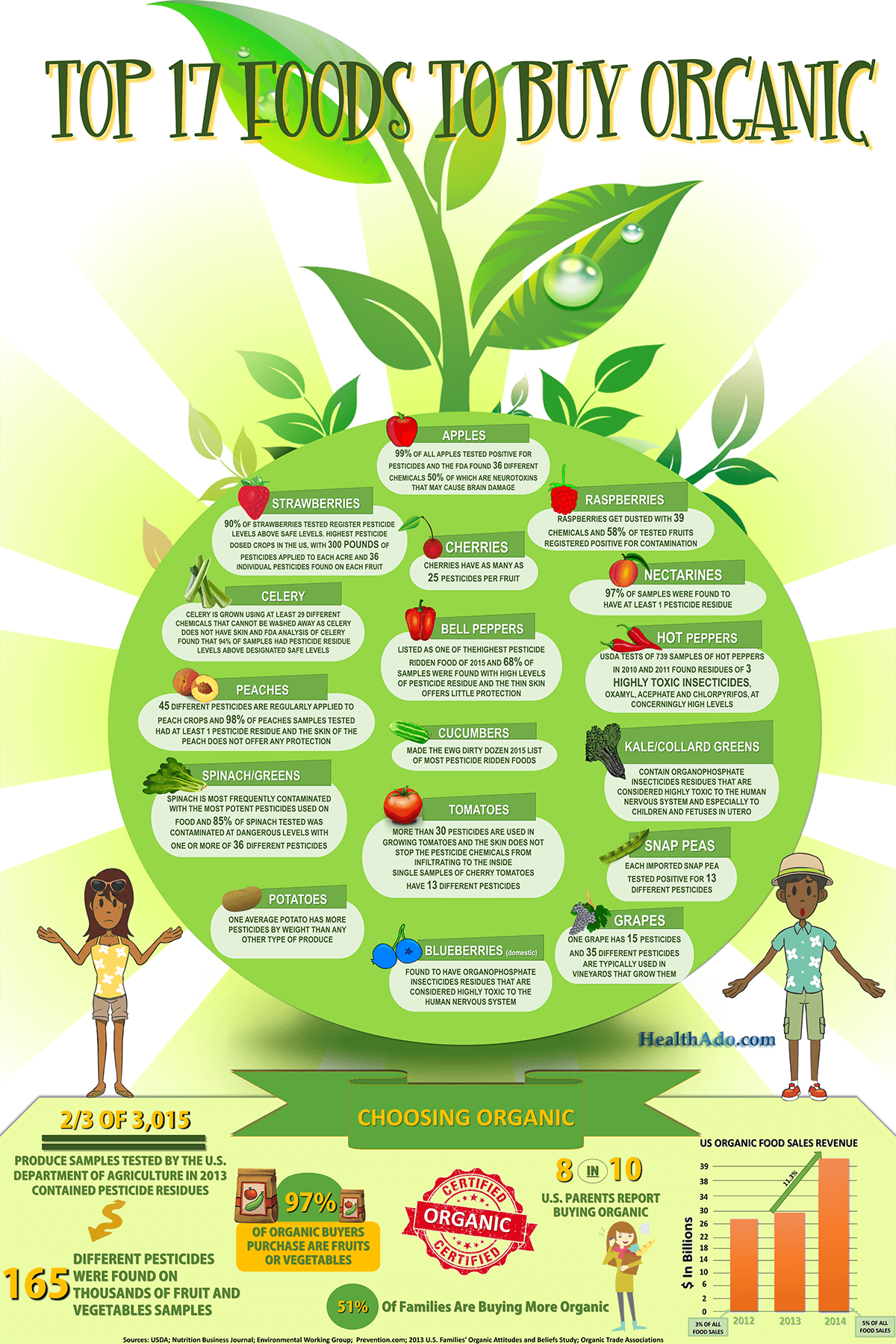
It’s not all bad though;
The EWG also releases a “Clean Fifteen” or “shoppers Guide” as to those produce items with the least amount of pesticide residue.
2016 Clean Fifteen included:
- Avocadoes
- Sweet Corn
- Pineapples
- Cabbage
- Frozen Sweet Peas
- Onions
- Asparagus
- Mangoes
- Papayas
- Kiwis
- Eggplant
- Honeydew Melon
- Grapefruit
- Cantaloupe
- Cauliflower
With just 1% of the fruits samples registering any detectable pesticides the Avocado has been the cleanest produce now for several years.
~90%, 81%, 78% and 73% of pineapples, papayas, mangoes and kiwis respectively reported no pesticide residue, and no single fruit on the Clean Fifteen tested positive for more than 4 types of pesticides.
Commercially grown fruits and vegetables utilize unstainable farming practices; wide spread pesticide use is killing honey bee populations and the world health organization (WHO) estimates that approximately 3 million people suffer from some form of pesticide poisoning each year; children are especially susceptible and even low level exposure can cause issues.
While pesticide practices, standards and legalities between countries vary, these statistics and the import/export markets alone are reason enough for me to be more focused on what’s in the foods I eat.
Food has certainly changed; our ancestors ate nothing but organics, living on farm grown, vegetables, meats and grains! Today, it’s all focused on big business; if it makes money or is cheap to produce we manufacture it in droves and worry about the implications later.
We can choose however to be more mindful of our choices which is something I’ve learned more recently. With the respect to our produce, the EWG estimates we can reduce our pesticide exposure by as much as 80% when you choose organic and in doing so support more sustainable farming practices.
Thoughts worth considering I say!
What’s your opinion? To start or join the discussion leave a comment below.
That’s it for now,
Discover you at your best.
Jill
Sources:
Br J Nutr. 2014 Sep 14;112(5):794-811. doi: 10.1017/S0007114514001366. Epub 2014 Jun 26.Higher antioxidant and lower cadmium concentrations and lower incidence of pesticide residues in organically grown crops: a systematic literature review and meta-analyses.Barański M, Srednicka-Tober D, Volakakis N, Seal C, Sanderson R, Stewart GB, Benbrook C, Biavati B, Markellou E, Giotis C, Gromadzka-Ostrowska J, Rembiałkowska E, Skwarło-Sońta K9, Tahvonen R10, Janovská D11, Niggli U, Nicot P, Leifert C.
https://www.ncbi.nlm.nih.gov/pubmed/24968103
Environmental Working Group:
48 fruits & Vegetables: https://www.ewg.org/foodnews/list.php
Clean 15: https://www.ewg.org/foodnews/clean_fifteen_list.php
Dirty Dozen: https://www.ewg.org/foodnews/dirty_dozen_list.php
Executive Summary: https://www.ewg.org/foodnews/summary.php

